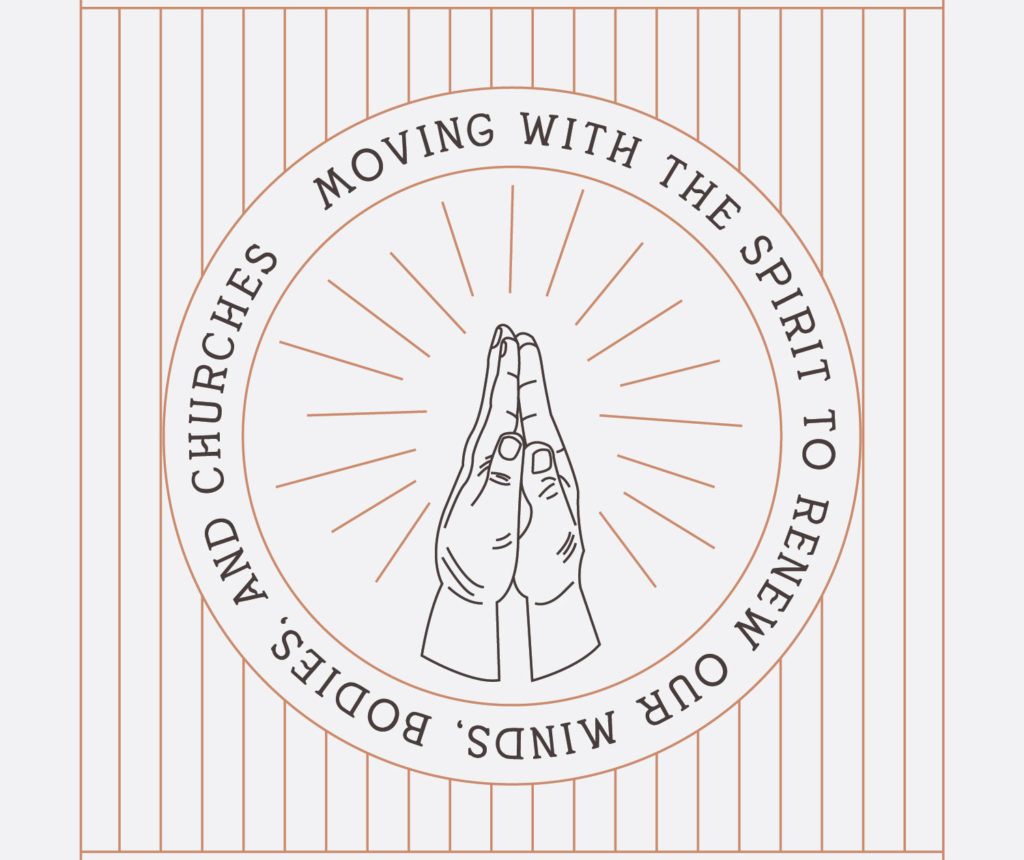
Restoring Our City – Q&A with Kelvin Teamer
*Editor’s Note: It’s no surprise that evil is at work in our world. Are our churches at work restoring what is broken? I recently caught up with Kelvin Teamer, minister of the Bouldercrest Church of Christ in Atlanta, GA, and asked him some ways God is using them to restore their city.
Q: What’s the Devil been up to Atlanta?
He’s been up to a lot in the city, causing disorder and confusion. Since the murder of George Floyd, there’s been a lot of outrage and some of it is justifiable, but you have a group of people within the protests who have caused unrest which has trickled down into a number of different things. There was the shooting of Rayshard Brooks in the parking lot of Wendy’s, and then the Wendy’s at which he was shot was burned to the ground.
Since that time, the violent crime rate has accelerated in Atlanta. Shortly before Christmas, a little girl was shot in a drive-by shooting. These are the types of things the Devil is up to. Satan is always up to unrest and bringing about confusion.
Q: What about within churches?
Within the churches, it seems that people’s connections have been shaken, especially within the younger population. I’ve seen that older folks have a deeper network of Christians and encouragement. Some of our younger ones don’t have as deep of roots and networks, so it makes it harder for that type of encouragement and spiritual bonding to take place.
That’s a subtle thing but a thing that has grand ramifications when they’re not getting that encouragement. Without that energy that comes from a physical assembly, it’s easier to stray, to get kind of lost. There’s loneliness and discouragement. Those are the breeding grounds for darkness, demonic work, the feeling of loneliness, when you’re isolated. You think about Elijah in a cave by himself and how his mind kept telling him things that weren’t true. That isolation is a breeding ground for demonic thought.
Q: How has your church responded to the isolation?
We’ve made a concerted effort to visit our young adults and singles in the congregation. Married folks can see one another, but, during the pandemic, if you’re single and Christian, it’s been very difficult to be in the same space with other fellow believers. So we got a number of church leaders together, along with some prospective elders and deacons, and we visited singles and young adults in the church so we could pray with them and encourage them. It was also encouraging for us to see their faces and pray with them. We’re going to be doing that again about every other month.
Q: And tell me about “Restore Atlanta.”
This idea was birthed out of a theme we have at our church: restoration. We are part of a heritage that seeks to restore the church to its original glory, such as we read about in the book of Acts. In Acts, we see that people were forced to get outside their bubble when persecution hit. For us, “outside the bubble” is outside the building and among the people of Atlanta.
So we’ve decided to take the first Saturday of the month and walk the streets of Atlanta. The first Saturday in February, we walked and prayed in downtown Atlanta. We went to City Hall and prayed over it. Our walk took us by the largest state university in Georgia. There’s an area that used to be quite famous—Underground Atlanta—which is now basically deserted. Businesses have closed, so we took some time praying there over business. We’re asking God to restore our city.
We’re seeking to infiltrate his territory with the kingdom of God. We’re staking a flag in the ground for the kingdom of God by walking the streets.
Q: Did you have any memorable interactions with people during your prayer walk?
We have a large homeless population, and we were able to stop and pray with some homeless people. We encountered one homeless man who had seen us praying. He came up to us and asked us what we were up to. We explained that we are a church out walking and praying for the city of Atlanta.
We asked him about himself and how we could pray for him. He described his problems with addiction but his dreams to renew his CDL. He also wanted to be a voice actor, and he performed some of his voices for us and was really quite good at them. You could tell he had been exposed to the Lord at some point, and he quoted some Scripture. His story stands out and reminds us of the potential of what we could ultimately do in the city, helping connect people with Jesus and help them get back on their feet.
Q: What gave birth to these ideas?
We have been actively studying the Holy Spirit and how He worked through the early church. One of the prayers I’ve been praying and which I encourage the church to pray is, “Fill me with the Holy Spirit.” So we’re seeking to walk in spiritual power. I think these ideas were Spirit-given because we are open to the Spirit. If I were to say anything that gave birth to the ideas, I would say they came from being spiritually sensitive. We want to start small to end big. We’re trying to see where God takes it.
Q: What’s your advice to a church leader who wants to help move the church from stagnancy to action?
I’m not saying we’re there; we’ve taken a step. But we have asked ourselves this question: Would the church still be here if the folks in the first church had approached church the way we approach church?
What lit my fire is studying the early church and asking, How do we bring what we see here into the twenty-first century? How do we become this church? If there was complacency, that question has moved me out of it. I like to be congruent with what I see in Scripture. So, when I studied the church and saw incongruence with the way a lot of us do church, I didn’t like that. Coming together once a week, doing our thing, and going home—it didn’t feel like what I was seeing in Scripture.
Would the church still be here if the folks in the first church had approached church the way we approach church?
So, if I were to give some advice, I’d say this: Look at the church in Scripture and see how your church is measuring up. If it’s not measuring well, ask how your church can change. Seriously asking those questions makes you do something different.









